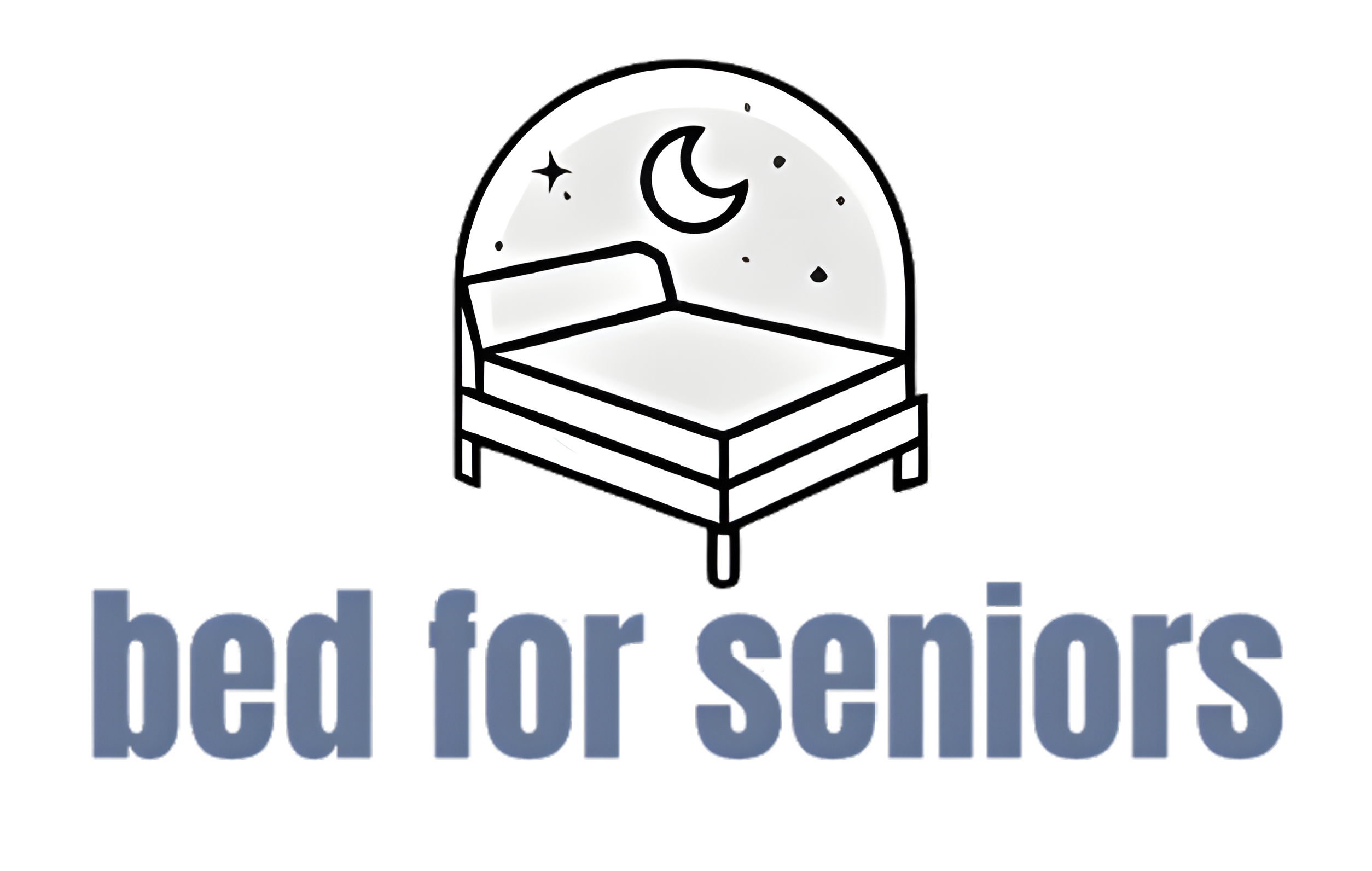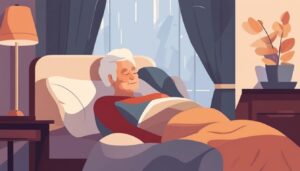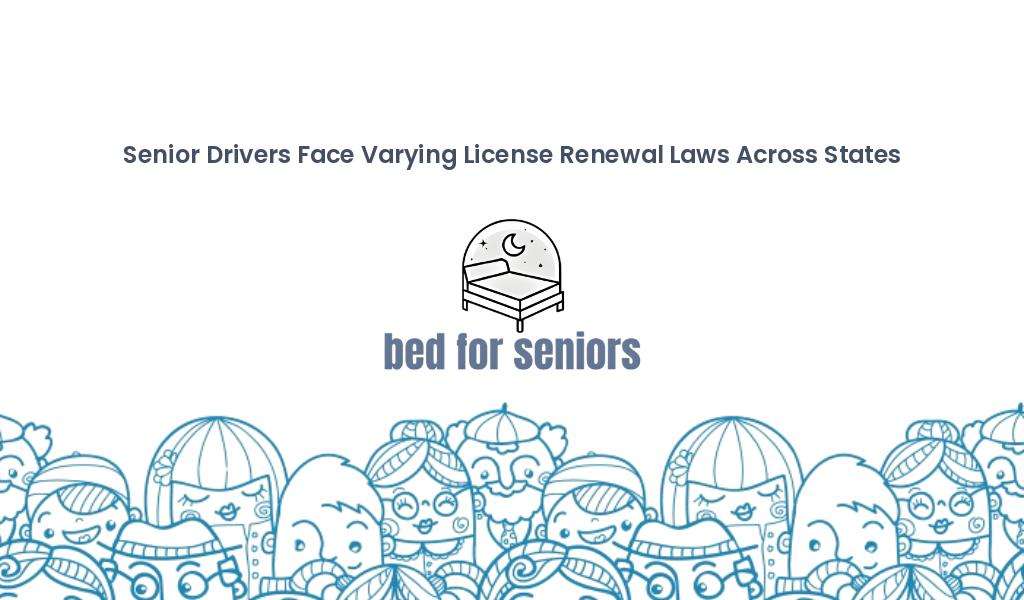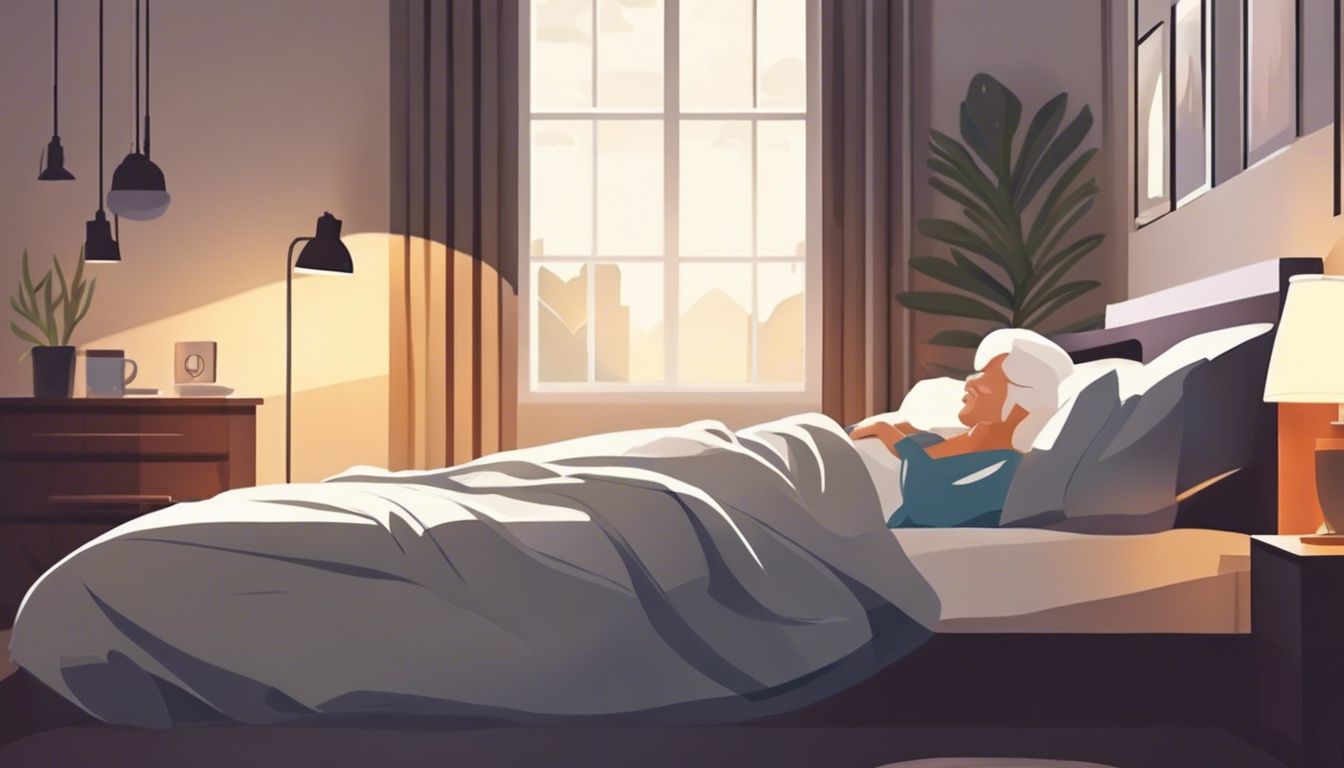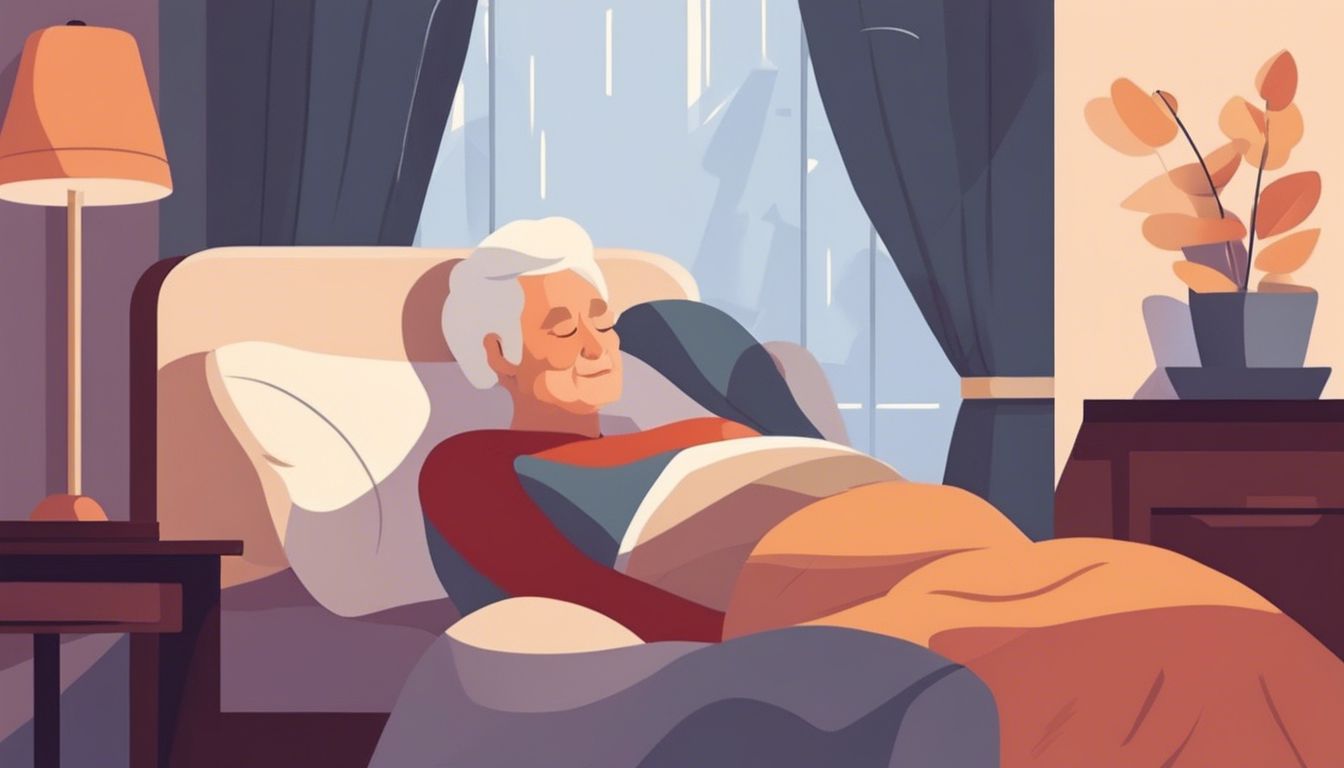A new study funded by the National Institutes of Health (NIH) has revealed a significant link between sleep apnea, low oxygen levels during sleep, and late-onset epilepsy in older adults. The research, published in the journal Sleep, sheds light on the complex relationship between sleep disorders and epilepsy that develops after the age of 60[1].
The study, led by Christopher Carosella, M.D., assistant professor of neurology at Johns Hopkins University, found that individuals whose oxygen saturation fell below 80% during sleep were three times more likely to develop late-onset epilepsy compared to those without such low oxygen levels. Additionally, participants who self-reported sleep apnea in later life had twice the risk of developing late-onset epilepsy[1].
Rebecca Gottesman, M.D., Ph.D., chief of the Stroke Branch at the NIH’s National Institute of Neurological Disorders and Strokes (NINDS) and an author on the study, noted that late-onset epilepsy may be indicative of underlying vascular or neurodegenerative disease[1].
The research team analyzed sleep data from over 1,300 participants in a study of sleep-disordered breathing and cardiovascular disease. They found that the degree of hypoxia during sleep was associated with late-onset epilepsy, independent of other co-occurring medical issues and demographic factors[1].
Dr. Carosella expressed hope that this study might be a small first step towards discovering a reversible cause for the development of idiopathic epilepsy, stating, “We hope this study might be… an encouragement to evaluate and treat sleep disorders in patients with epilepsy”[1].
The findings align with previous research that has shown a correlation between sleep apnea and seizures. Studies have found that as much as 40% of people with epilepsy also have sleep apnea, which is significantly higher than in the general population[2].
One theory explaining the link between sleep apnea and epilepsy focuses on the brain’s need for a constant supply of oxygen. People with sleep apnea often have less oxygen in their bloodstream, which could potentially disrupt normal brain functioning and increase the likelihood of seizures[2].
A 2014 study demonstrated that people with epilepsy who have sleep apnea can benefit significantly from treating their sleep disorder. The research showed that individuals who used Positive Airway Pressure (PAP) therapy experienced a 50% reduction in seizure frequency compared to those who did not receive the treatment[2].
While the exact nature of the relationship between sleep apnea and epilepsy is not fully understood, this new research provides valuable insights that may lead to improved treatment strategies for both conditions. Future studies are needed to assess whether treating sleep apnea in patients at risk for late-onset epilepsy may help prevent the onset of the disease[1].
Sources:
[1] https://www.nih.gov/news-events/news-releases/low-oxygen-during-sleep-sleep-apnea-linked-epilepsy-older-adults
[2] https://www.epsyhealth.com/seizure-epilepsy-blog/sleep-apnea-and-epilepsy-is-there-a-link
[3] https://www.sleepfoundation.org/sleep-apnea/can-sleep-apnea-cause-seizures
[4] https://www.epilepsy.com/stories/relationship-between-sleep-apnea-and-seizures
[5] https://www.neurology.org/doi/10.1212/01.wnl.0000279334.78298.d5
[6] https://www.neurology.org/doi/pdfdirect/10.1212/01.wnl.0000279334.78298.d5
[7] https://www.thelancet.com/article/S0140-6736%2805%2973173-1/fulltext
[8] https://www.hmpgloballearningnetwork.com/site/neuro/news/sleep-disorders-linked-epilepsy-older-adults
